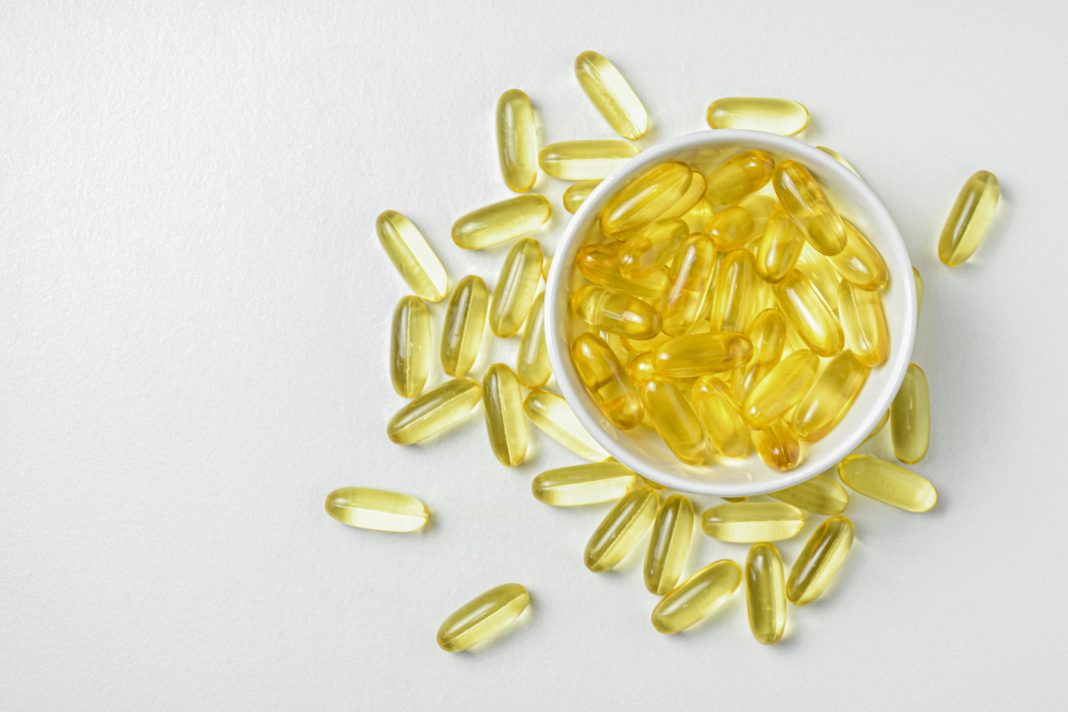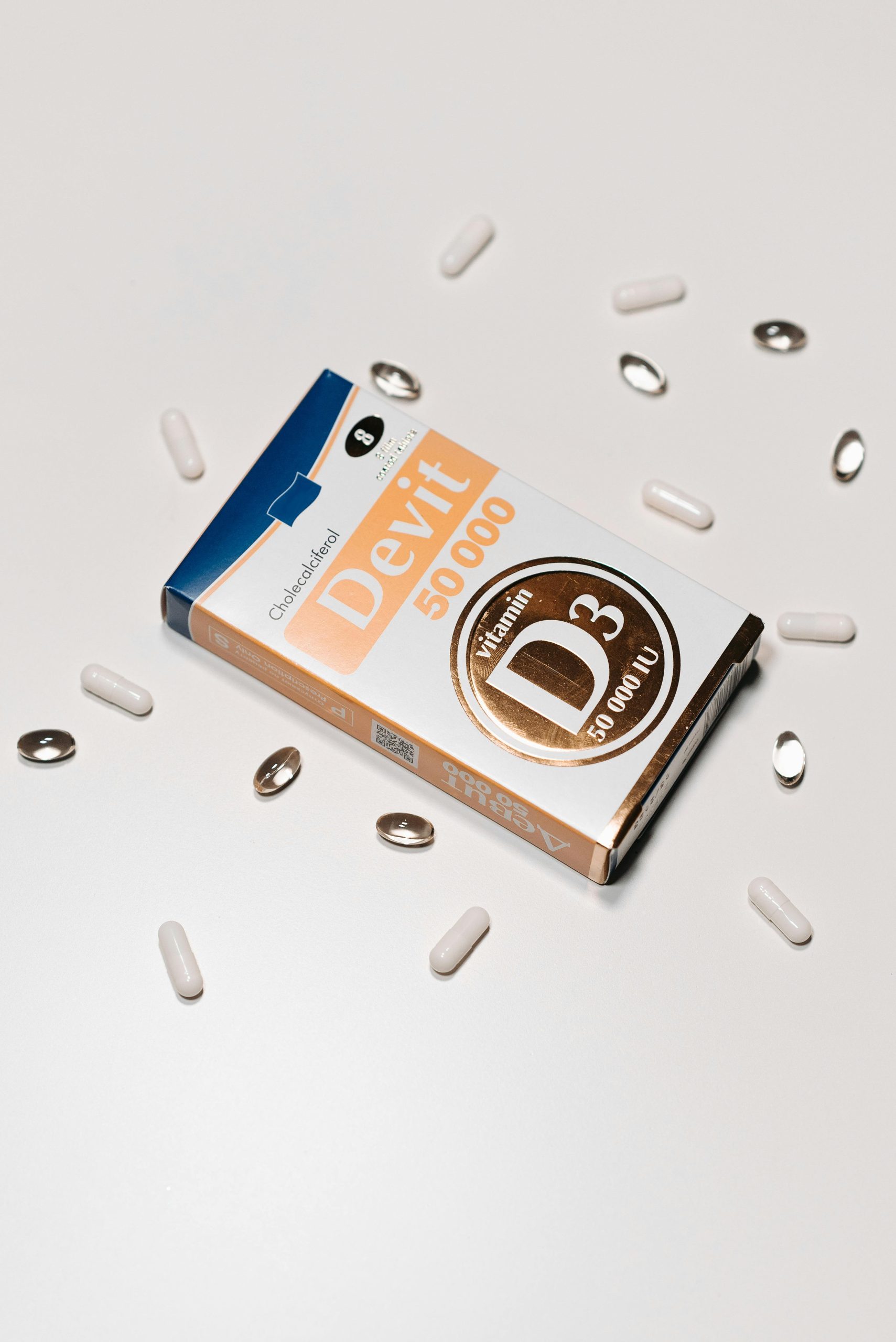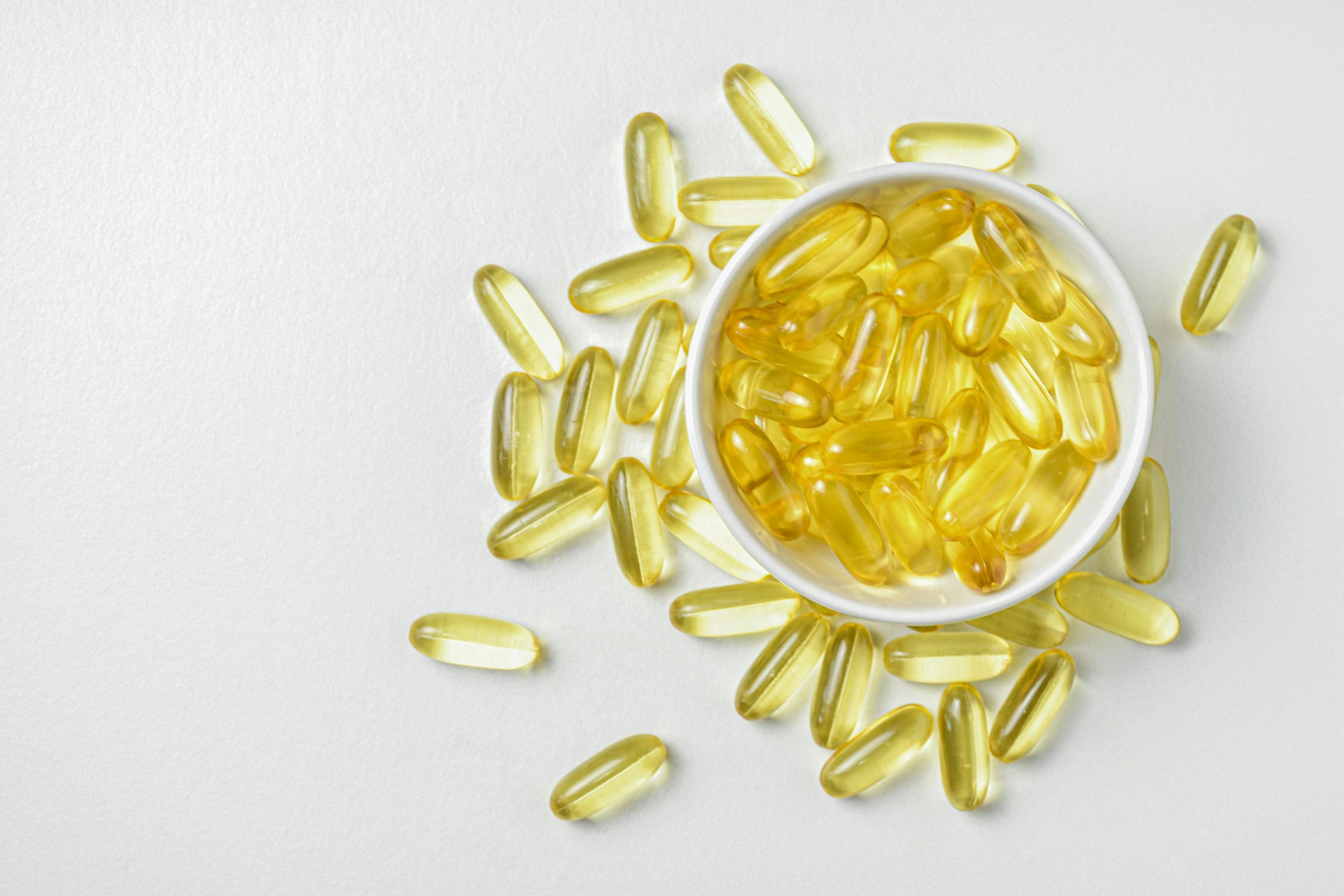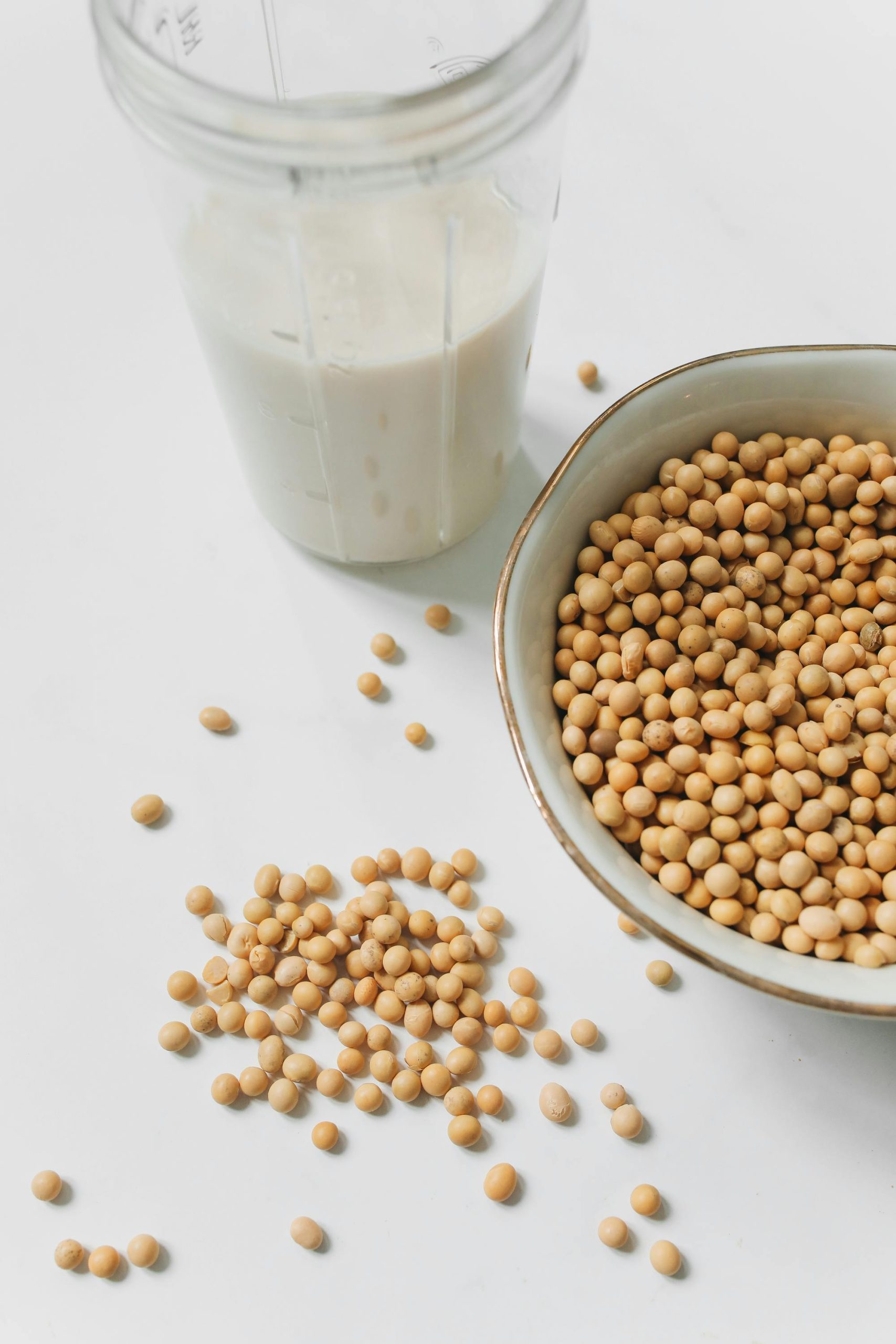There is little evidence to suggest that vitamins can help you lose weight. However, they can support your health in other ways. Keep reading for more vitamin benefits, as well as other ways you can lose weight.
When you scan the supplement shelves at your local drugstore, you might see weight loss touted as a benefit of many products. For example, some manufacturers claim that vitamin B12, calcium, omega-3 fatty acids, and green tea supplements can help you lose weight.
The purported benefits range from “revving up your metabolism” and “flipping a switch in your body” to “signaling your cells to burn fat.”
However, scientists have found little evidence to bolster these weight loss claims.
Vitamin B12
Whether you take vitamin B12 in pill form or get a pricey injection, there’s currently no evidence that it will promote weight loss. However, your body does need vitamin B12 to support the function of your nerves and blood cells and to produce DNA.
To get your daily dose, the Office of Dietary Supplements (ODS)
recommends including foods that contain vitamin B12 in your diet.
For example, you could eat fortified whole grain cereal for breakfast. Beef liver
and clams are also rich sources of B12.
Research has found that you may need more B12 if you drink heavily, have a history of anemia, are a strict vegetarian, or take certain medications like Metformin. One study found that those who underwent bariatric surgery were also deficient in vitamin B12.
Vitamin D
Your body needs vitamin D to absorb calcium and keep your bones strong. But experts aren’t convinced that it’ll help you lose weight.
A 2021 study found that vitamin D supplementation had no effect on weight loss.
The ODS states that fatty fish, such as herring, mackerel, and tuna, are some of the best sources of vitamin D. Also, your body produces it when you expose your skin to sunlight.
Consider taking regular walks around your neighborhood to get some sunlight and exercise, too. But remember, excessive sun exposure can raise your risk of sunburn and skin cancer. Limit your time in the sun, and be sure to apply sunscreen before going outside.
Omega-3 fatty acids
Some studies suggest that omega-3 fatty acids may support weight loss, but it’s too soon to draw conclusions.
Even so, omega-3 fatty acids are a great addition to your diet. According to the American Heart Association, they may lower your risk of cardiovascular disease.
Salmon, mackerel, herring, trout, sardines, and tuna are rich sources of this nutrient.
Consider eating these fish a couple of times a week as part of your healthy eating plan. Try grilling, broiling, or baking them rather than frying them.
Calcium
Will calcium supplements help you lose weight? Most evidence points to no.
According to the ODS, most clinical trials have found no link between calcium consumption and weight loss. Your body does need calcium to support the health of your bones, muscles, nerves, and blood vessels.
To meet the ODS-recommended daily target, eat calcium-rich foods such as low fat dairy products, dark leafy greens, and tofu. These foods are low in fat but high in nutrients, making them a smart addition to your weight loss strategy.
Green tea
According to a 2020 meta-analysis, green tea did not have a significant effect on waist circumference. While the researchers did find a decrease in BMI, more research is needed.
Green tea does contain antioxidants that might help protect your heart.
Takeaway
Instead of buying pricy vitamins or supplements, consider investing in a gym membership or a new pair of running shoes. Exercising more and eating foods that are low in calories but rich in nutrients are great ways to achieve your weight loss goals.
Source: Healthline; https://www.healthline.com/health/vitamins-for-weight-loss#green-tea










